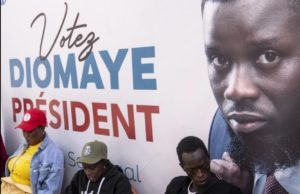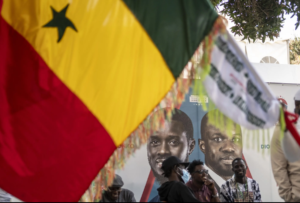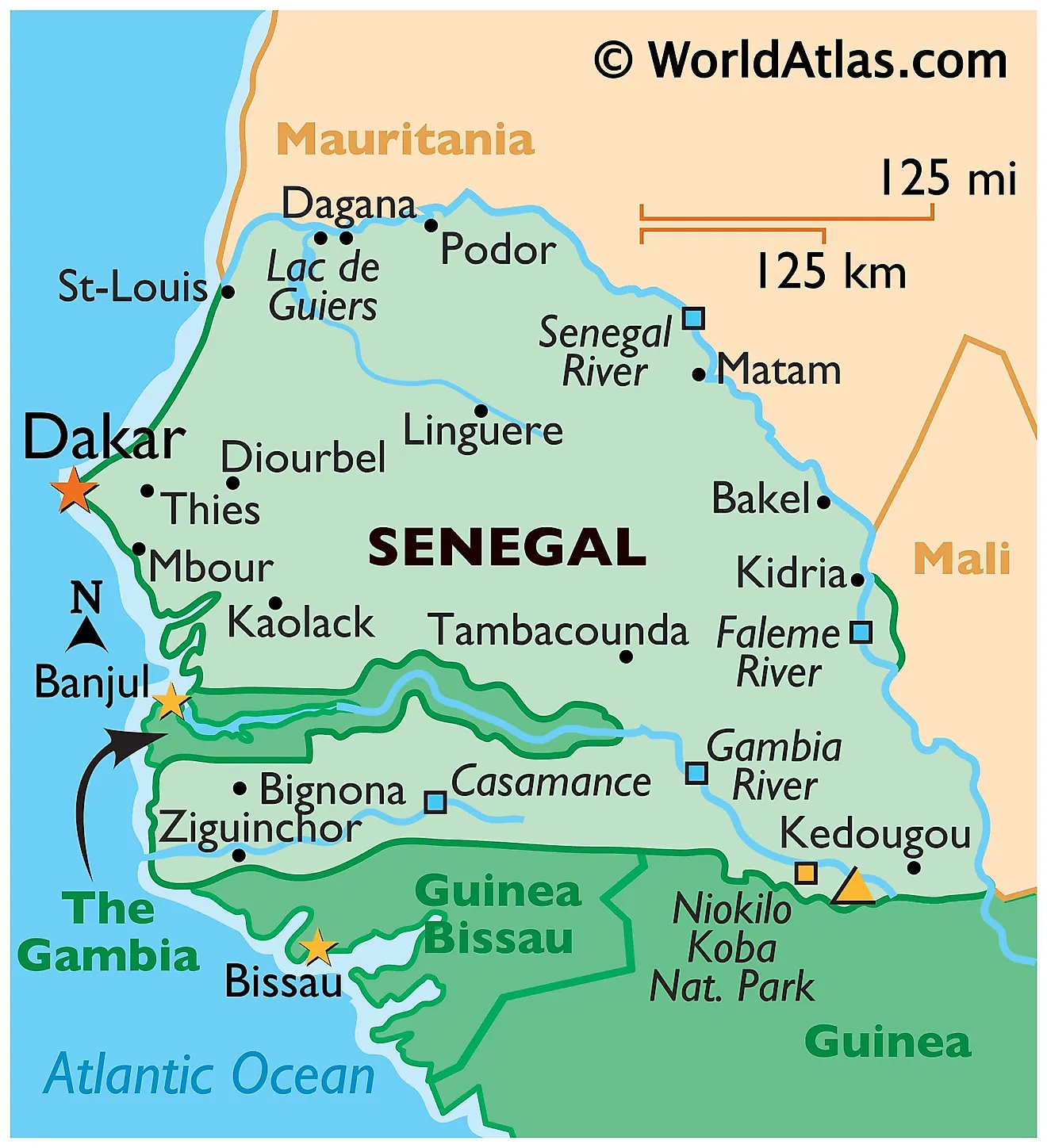Senegal’s Political Upheaval: Bassirou Diomaye Faye’s Unexpected Presidency
On Monday, Bassirou Diomaye Faye, a relatively unknown 44-year-old opposition leader in Senegal, was declared the country’s next president, just weeks after being released from prison to contest the election.
Although official results from Sunday’s vote were pending, the former prime minister, who was also a leading candidate and backed by the incumbent President Macky Sall, acknowledged his defeat based on initial figures. President Sall extended his congratulations and acknowledged Faye’s victory.
Faye’s unexpected win underscores the frustrations of Senegal’s youth over soaring unemployment and concerns about governance in the West African nation. In his inaugural address as president-elect on Monday night, the former tax inspector pledged to usher in a new era, following months of unrest and numerous political detentions leading up to the election.

Renewal and Reform: Faye’s Vision for Senegal
“I am committed to governing with humility and transparency, and to combatting corruption at every level. My dedication is unwavering towards the comprehensive reconstruction of our institutions,” he declared, reaffirming pledges articulated throughout his campaign.
Faye, supported by prominent opposition figure Ousmane Sonko, has pledged to enhance Senegal’s sovereignty over its natural resources by advocating for the advancement of national enterprises, aiming to prevent what his campaign termed as “economic subjugation.” He stepped into the electoral arena on behalf of his close associate Sonko, who was disqualified from running due to a prior conviction.
Sonko’s release on March 14, after months of incarceration, was met with jubilant celebrations in the capital, coinciding with the president’s announcement of a political amnesty.
Outgoing President Sall, whose attempt to delay the election until year-end sparked violent protests earlier in the year, characterized the election outcome as a triumph for Senegal. His former prime minister and the unsuccessful contender in the race, Amadou Ba, extended well wishes to Faye for success in a statement disseminated by his campaign team.
Senegal’s Election Turmoil: Background and Faye’s Emergence
Sunday’s election unfolded against a backdrop of prolonged unrest sparked by the arrests of Faye and Sonko last year, amid apprehensions that the president might pursue a third term in defiance of constitutional term limits. The resultant violence tarnished Senegal’s reputation as a stable democracy in a region beset by a surge in coup attempts. Human rights organizations reported casualties numbering in the dozens during the protests, with approximately 1,000 individuals incarcerated.

Faye, anticipated to emerge victorious in the election, hails from humble beginnings and rose to prominence primarily through his association with Sonko. His origins trace back to a small town in central Senegal. A devout Muslim, Faye maintains two marital unions. Prior to Sunday’s election, he publicly disclosed his assets and urged fellow candidates to follow suit. His declaration includes ownership of a residence in Dakar, land holdings both within and outside the capital, and approximately $6,600 in his bank accounts.
Sonko’s Backing, Faye’s Arrest, and New Foreign Policy Vision
“At a joint news conference in March of last year, I went as far as to say that he is even more honest than myself. I place the project in his hands,” Sonko expressed to supporters. However, weeks following this statement, Faye was apprehended and imprisoned on multiple charges, including defamation.
International analysts noted that a change in leadership in Senegal would be seen as a welcome development after months of unrest. However, they also raised concerns about the foreign policy direction of the new government, particularly as the coastal nation transitions into an oil and gas producer.
On Monday night, Faye highlighted initial foreign policy objectives, notably reforming the challenged West African regional bloc, ECOWAS.
“A win for the opposition implies substantial changes in both domestic and foreign policies”, potentially including a shift away from reliance on France, according to Rida Lyammouri of the Policy Center for the New South.











Comments 1